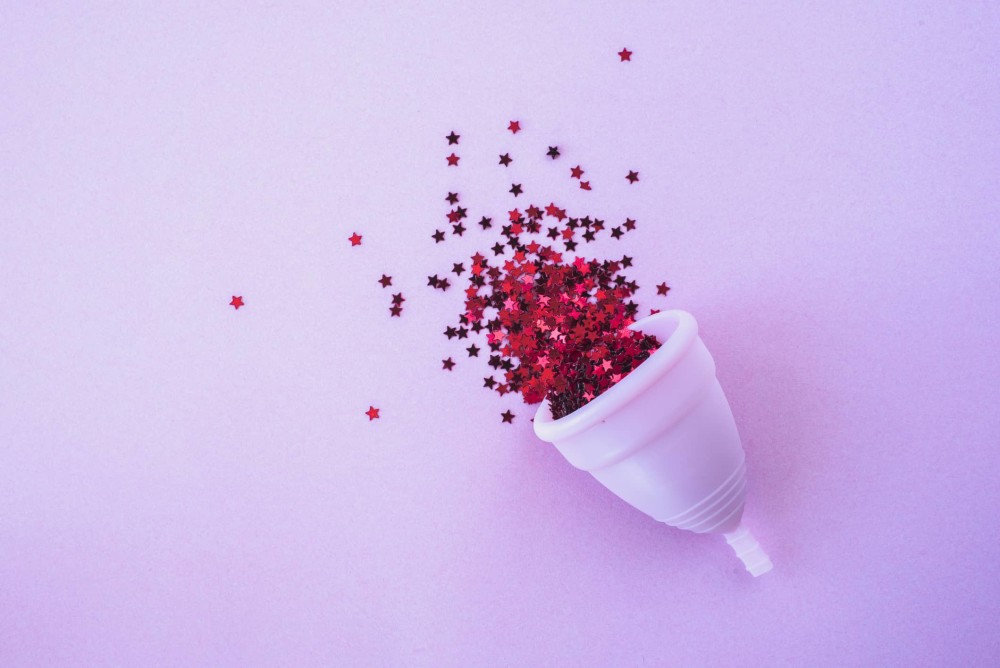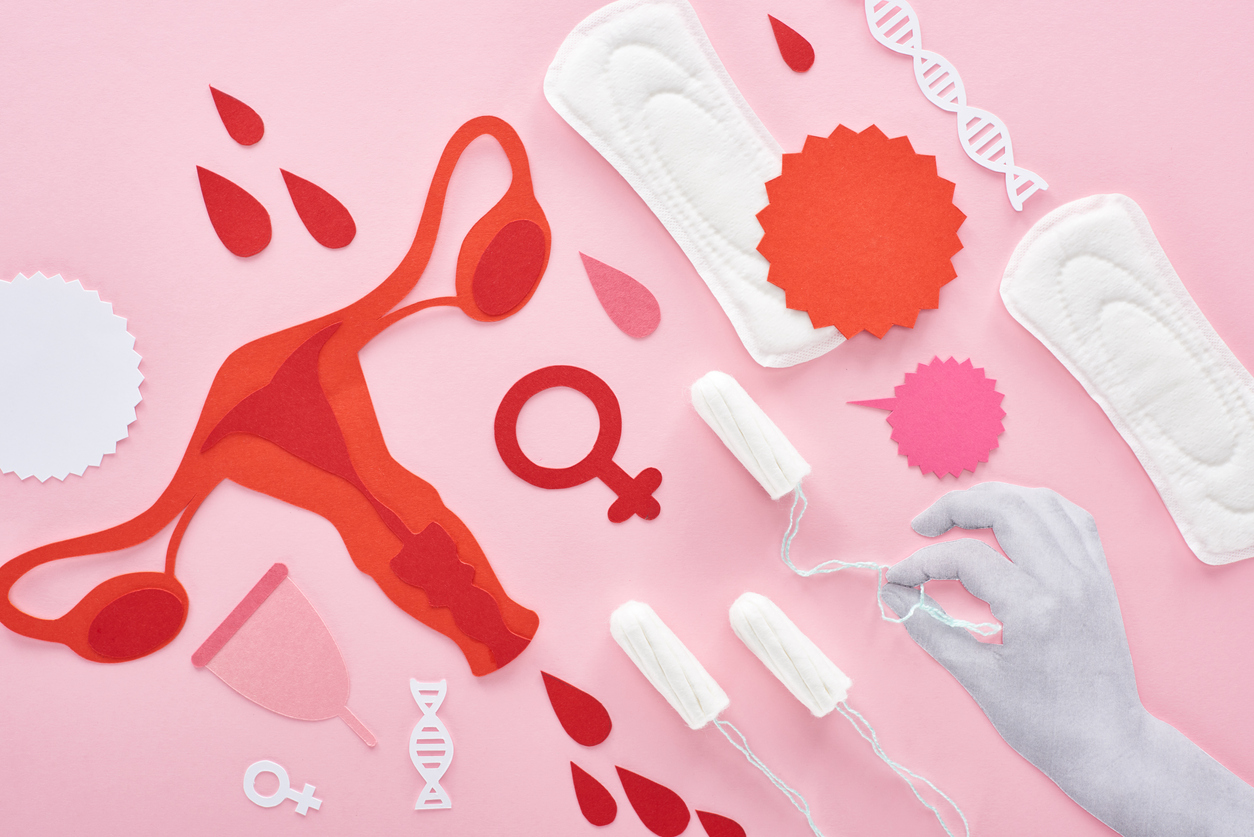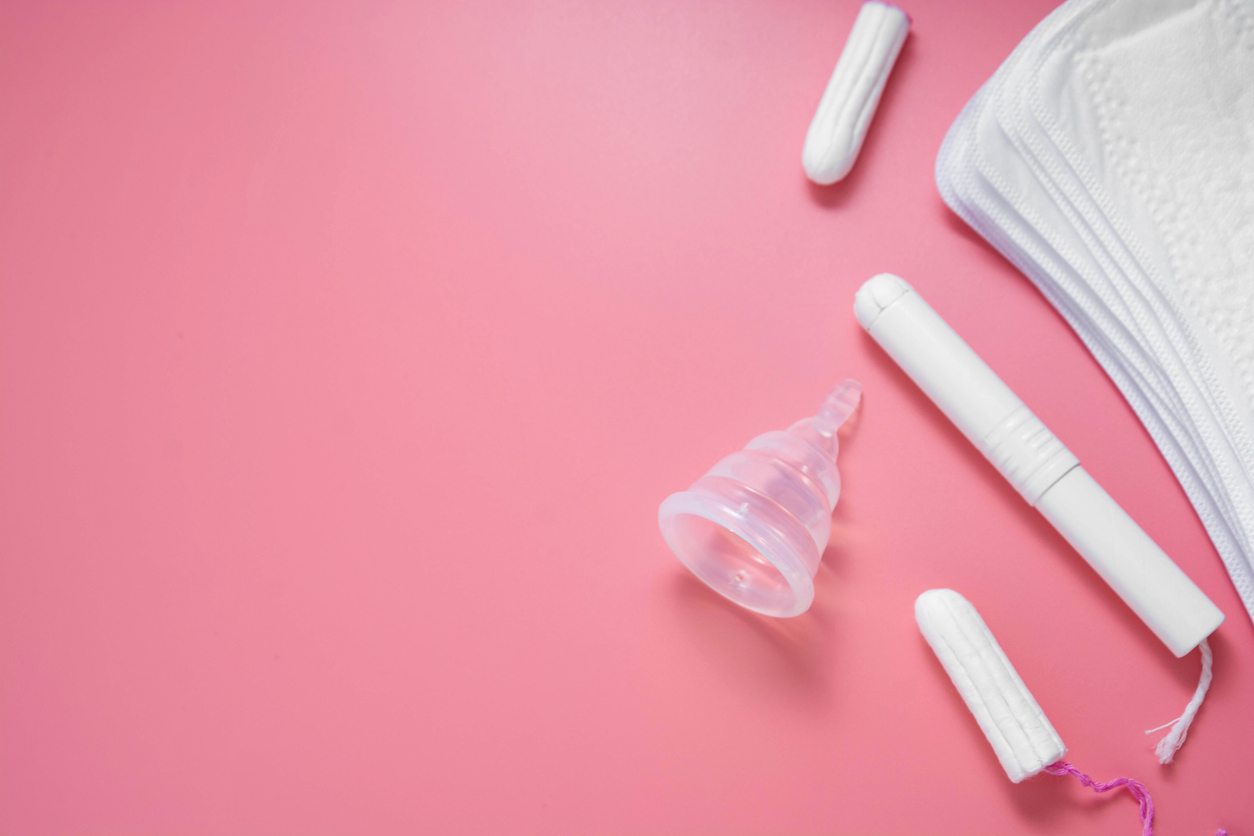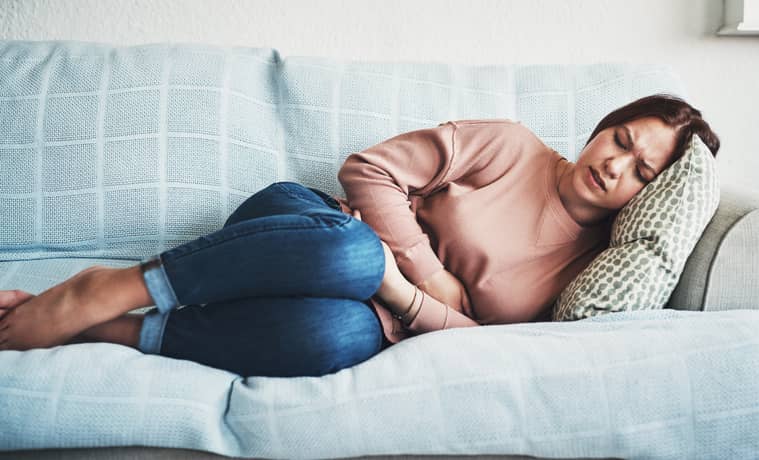Tampons have been around for many decades – the first were sold by Tampax in the 1930s – but there are still lots of myths about their safety and how to use them.
So read on to find answers to your common questions and sort the facts from fiction when it comes to tampons.
Can you sleep with a tampon in?
Yes, you can sleep with a tampon in – but there are some things you need to know.
First, you should insert a fresh tampon just before you go to bed. And as it’s recommended that you don’t wear a tampon for more than 8 hours, you might need to set an alarm so you can change it before then.
This is because the longer you wear a tampon, the more likely it is for bacteria to get into your body and cause an infection. Very rarely, this can cause a potentially life-threatening condition called toxic shock syndrome (TSS).
So if you’re concerned about wearing a tampon for long periods while sleeping, you might want to use a pad at night instead.
Can you wee (and poo) with a tampon in?
Yes, you can – because there’s a separate hole for everything.
There are two holes in your genitals (vulva). The first one is your tiny urethra, which is what you wee out of. Below this is your vagina, which you bleed from during your period. And below this, outside the vulva, is your anus, which you poo from.
If you don’t want to wee on your tampon string, simply hold it to one side while you go. Whilst wee on the string isn’t a problem, some people don’t like the feeling of a wet string.
When it comes to pooing, some people find that this pushes out their tampon anyway. But if it doesn’t, it’s fine to leave it in – just be sure not to get poo on the string, as this could transfer bacteria to your vagina and lead to infection.
Can you swim with a tampon in?
This is one of the joys of tampons – freedom to swim. If you’re embarrassed about the possibility of the string hanging out of your swimwear, you can tuck it inside the lips of your vagina (labia).
Your tampon might absorb a small amount of water, but that’s normal and nothing to worry about – just change it when you’ve finished swimming.

Can a tampon get stuck inside me?
Unfortunately, this is possible. If you forget to remove your tampon at the end of your period, for example, it can get compressed at the top of your vagina.
If you can’t get it out, you can see your doctor or go to a sexual health clinic to have it removed. As mentioned above, it’s important not to leave a tampon in too long.
Can a tampon fall out?
Not usually. The muscles in your vagina are quite strong, so once a tampon is in place, it will usually stay put until you pull it out.
If it starts to feel as if your tampon is moving down, it’s probably a sign that it’s full of blood and you need to change it.
Your vagina can also change after childbirth, which may lead to tampons feeling different. You may find you need to insert them deeper, angle them differently or try a bigger size.
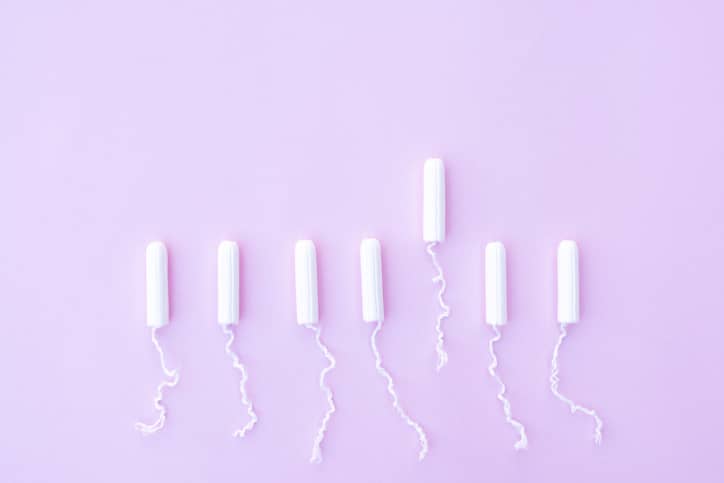
Are tampons flushable?
It was once common to flush tampons down the toilet, but we now know that this can lead to blockages and problems with plumbing and sewers – not to mention being bad for the environment.
So no, don’t flush your tampon – wrap it in some toilet paper and put it in a bin instead.
Do tampons expire?
Yes, they do – though you’ll probably use them before that happens.
There will sometimes be a use-by date on the packaging. But if in doubt, don’t use them if they’re more than 5 years old.



